Flexible and inclusive workplace ensures productive and healthy businesses
- Families are evolving, with people increasingly making choices different from those of their parents’ generation
- Visionary companies retain talent they need by listening to staff’s changing needs and introducing all-embracing policies
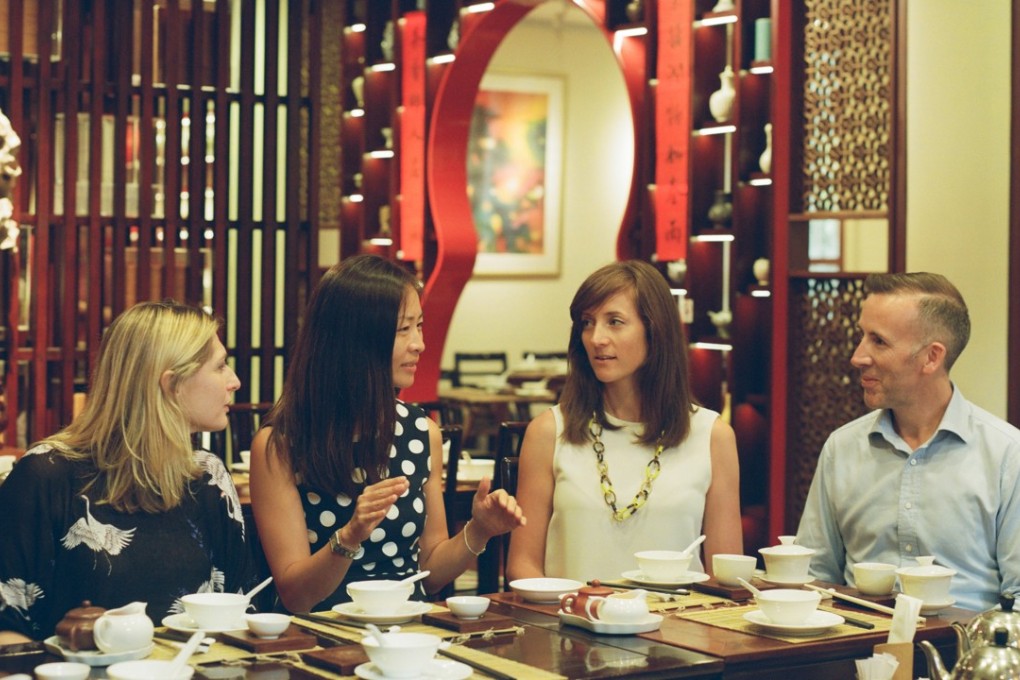
Since the UN Global Compact – the world's largest corporate sustainability initiative with 13,000 corporate participants and stakeholders in more than 170 countries – was founded in 2000, it has successfully made corporate social responsibility (CRS) the norm across industries in the private sector.
Both my home life and my work life are very important to me and I really like to be able to have a good balance of both
In recent years, the movement has also made the Environmental, Social and Governance (ESG) criteria the accepted set of standards for many investors to evaluate a company.
Among the factors that are fundamental to the “social” element is how a company cares for employees’ health, safety and general well-being.
With the corporate world getting increasingly competitive, work-life balance has become a great topic for discussion.
In competitive fields such as the legal and finance industries, there is no shortage of ambitious and capable individuals willing to work extra hours
Make time for the family
However, long working days can get in the way of other life choices, such as raising a family.
While gender equality is a goal that developed societies, such as Hong Kong, are striving towards, the woman in a heterosexual relationship with a child or children is still often expected to be the parent that sacrifices her career to bring them up.
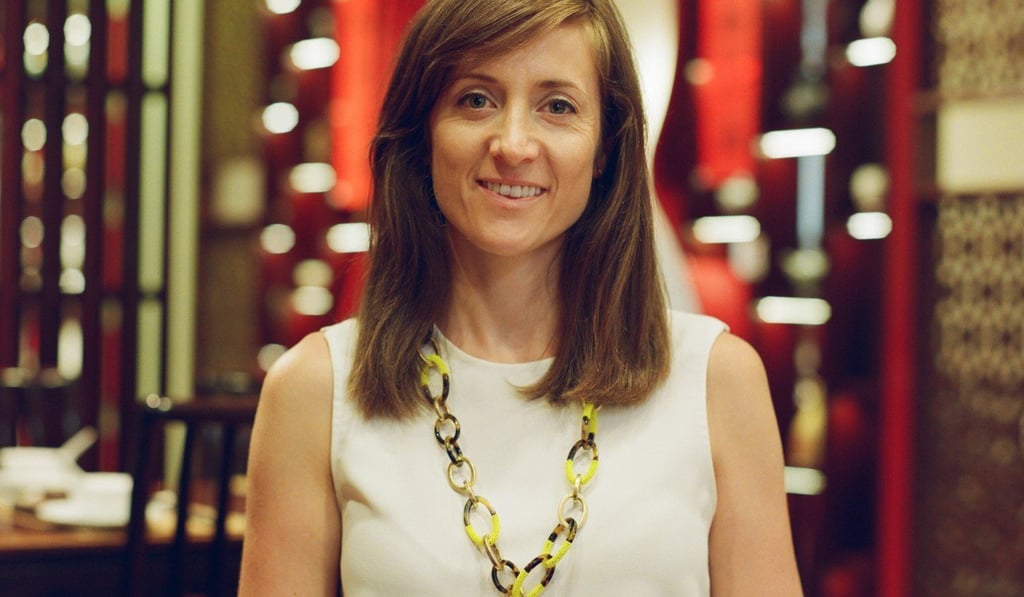
“[When] you’re settled back from maternity leave, some people don't appreciate that there will be occasions where you either have things planned with your children, or something like medical matters come up unexpectedly, and you might just need to pop out,” Jessica Chilton, a mother of two and managing associate (England and Wales) of the law firm Linklaters, says.
Over the past couple of years, the Hong Kong office of the British-headquartered multinational company – whose business includes providing advice on the fiduciary duty of asset owners with regard to ESG issues – has followed the firm’s global direction to introduce flexible working, making it a formal policy to allow staff to determine when and where they work, with a focus on outputs and client service rather than physical presence in the office.
Mothers with a newborn child are a prime beneficiary.
“Before I had children, I just thought I’d have children, I'd go back to work and it wouldn't be that different,” Chilton says.
“I hadn't thought, actually, my baby would be in bed by 7pm or 7:30pm.”
That means that in order for the mother to give her baby the last feed and a bath before bedtime, she has to leave the office at 6pm, which is not a normal finishing time for a working day in Chilton’s industry.
“That's where agile working is very useful because you can leave earlier than normal, get home, do what we need to do and then finish up your work,” she says.
“It is not just the kids … it is also about being able to come home for dinner with my husband and be able to spend time with him and, if I need to, I can log on for work from home later.”
Equipping staff for happiness
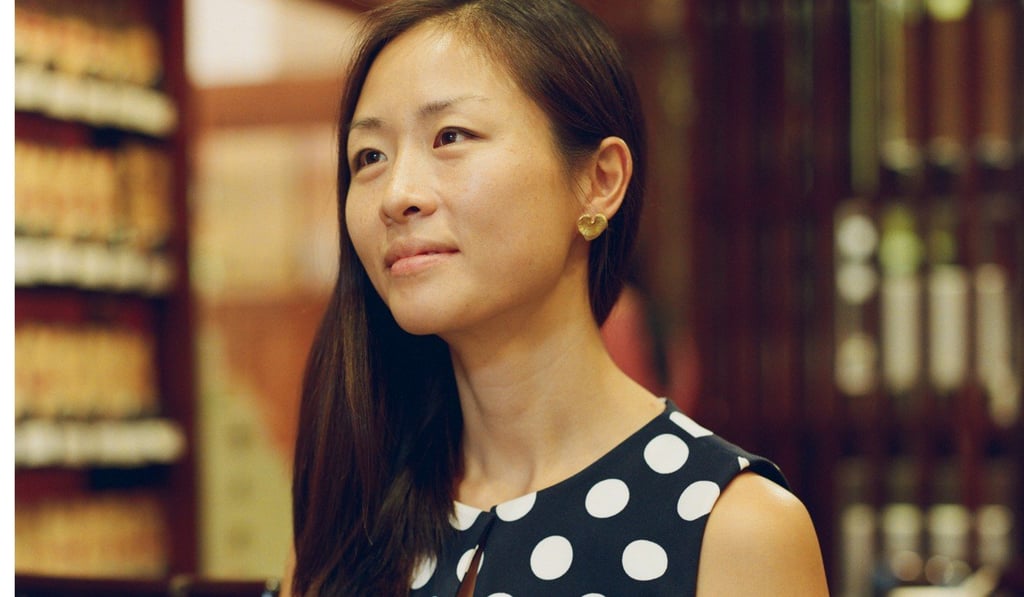
To complement the policy, the company has ensured that the hardware is there to support agile working, such as providing staff with laptops they can carry with them and plug into desktop monitors when in the office, and headphone devices they can use to make work calls wherever they are.
Ying Fu, a managing associate based in Linklaters’ Hong Kong office, says the availability of these communication tools “takes the edge off and makes things easier”.
She has a four-year-old son and a one-and-a-half-year-old daughter.
“The firm has been good with providing equipment at home as well – all that is to encourage mobility,” she says.
Chilton and Fu also appreciate the firm’s other initiatives, which support working mothers, such as a feeding room that provides changing and sterilisation facilities, and a comfortable environment.
However, few companies go as far as looking after the emotional needs of new mothers returning to work
“Before you come back to work there’s a lot of nervousness, hesitation, anxiety, fear and insecurity,” Fu says.
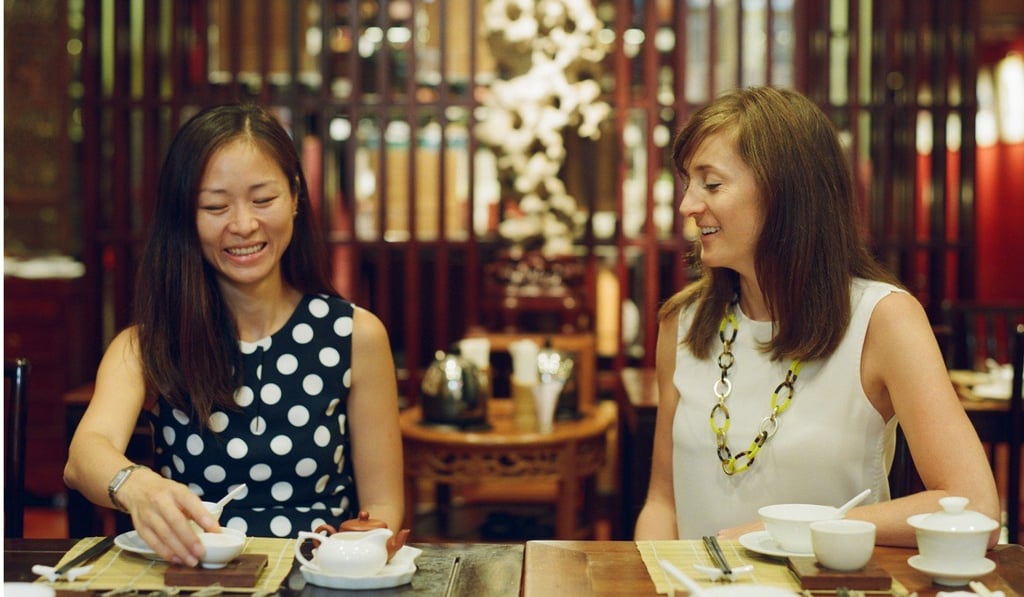
A worker who has been away for maternity leave can feel out of touch and ill-equipped to resume work, she says.
To ease those mental concerns, Linklaters provides expectant mothers working in the company with a maternity coach, not only pre- and post-childbirth, but also during their time away.
“The coach gives tips on how to stay connected with the team [during maternity leave] … so that you don't feel quite so alien to your environment when it does come time for you to come back,” Fu says.
It works for the company, too, as it gets to retain staff whose experience cannot be easily replaced.
Before you come back to work there’s a lot of nervousness, hesitation, anxiety, fear and insecurity
“I wouldn't be able to still stay in the job if I didn't have that flexibility in how or where I worked,” Chilton says.
“Both my home life and my work life are very important to me and I really like to be able to have a good balance of both.”
However, Fu says that agile working is not only for mothers with children or women – it benefits everyone.
“It allows people to have hobbies,” she says.
“Some people are in sports teams, some people do performances … commitments that might encroach into what would be a normal working day.
“Having that agile working policy in place allows people to do that.”
Families come in many forms
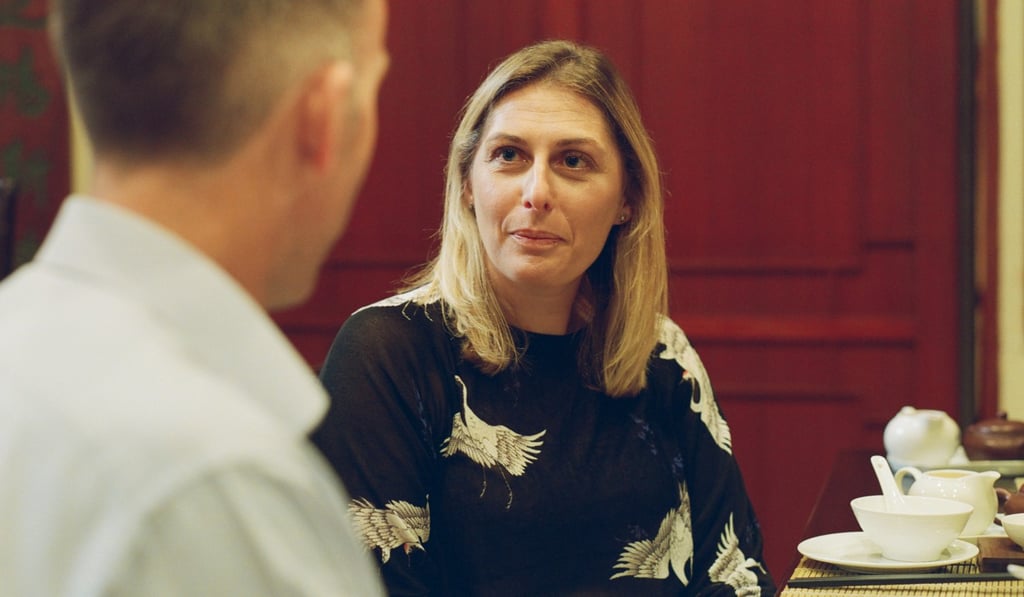
Many multinational corporations have also come to understand that the concept of family is evolving, and they seek to align their policies with their employees’ changing needs rather than enforcing them as steadfast rules.
When Sarah Davidson, North Asia environmental, health and safety director, integrated facilities management, of Jones Lang LaSalle (JLL), the investment management company, decided in 2017 to go through the process of adopting a child as a single woman, responses among her colleagues were mixed. But she found support from management.
I've moved house so I have a bigger property, with a room for a child
“It's a long process … that takes a lot of commitment and effort from each other’s side, which is rightly so because you’re going to be placed with a child in your care,” Davidson says.
She moved to Hong Kong three and a half years ago and quickly decided the city is where she belongs.
“Hong Kong is very easy, accessible, friendly, and it's somewhere I feel at home,” she says.
“It's also easier here … to have a helper, which does help with childcare arrangements.”
Davidson is going through the adoption process with a local governmental agency, and she is waiting to be matched with a child.
Over the past year, she has had to take steps to show she was up to the task, including taking courses to equip herself with the skills to care for children of developmental needs.
“I've moved house so I have a bigger property, with a room for a child,” she says.
“And I have to basically make sure that I have everything established so that I can support a child.”
Other than allowing Davidson the flexibility in her work schedule to cope with the procedure involved in the application, the company has also put in writing its support for her decision.
“Having a line manager willing to pen a note to the Labour Department and say, ‘We fully support what Sarah is doing and we will support her as well as we can’, that's been a very strong stance in my case.”
The company has also agreed to grant Davidson the same right of parental leave enjoyed by other new mothers in the company once she is matched with a child.
Embracing the rainbow
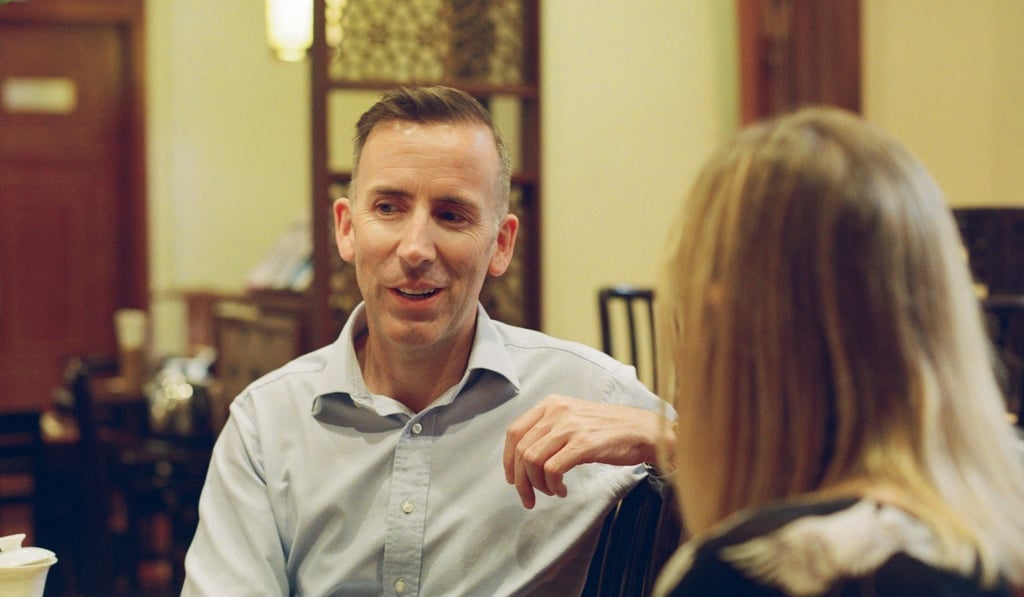
Diversity and inclusion (D&I)-aware corporations such as JLL are also looking into the needs of employees in same-sex relationships.
More than two dozen countries – and counting – have legalised same-sex marriage, with Australia being one of the latest to join the list.
That does not include jurisdictions that recognise these relationships through other systems, such as a domestic partnership or civil union.
Multinationals that employ talent from all around the world realise many of their staff may be married to same-sex spouses but are stationed in countries in which their unions are not recognised.
You have, at the moment, ‘spouse’ defined as man and wife in a contract. ‘Partner’ should be included in that, too
A judicial review case in Hong Kong, commonly known as the QT case, recently concluded with the Court of Final Appeal declaring the right of same-sex spouses of expat workers to dependant visas.
Aligning the benefits for these employees’ spouses with those enjoyed by their heterosexual equals has become necessary as a global standard.
That is what Gary Murphy, regional head of talent of PDM International, an Asian Pacific interior design company recently acquired by JLL, is working on.
He has been instrumental in getting the Hong Kong office of JLL to follow its counterparts overseas to launch Building Pride, a network to support lesbian, gay, bisexual and transgender (LGBT) staff.
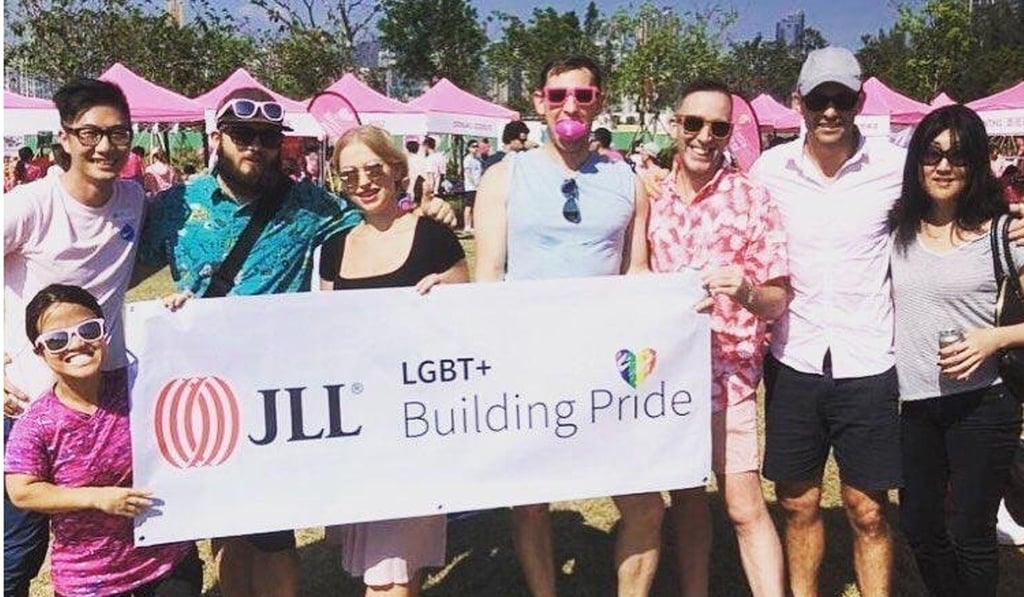
“When [PDM] joined JLL, I realised that they didn't have an LGBT initiative, but they seemed to have it [in other offices],” he says.
“They did have a D&I group set up in the [Asia-Pacific] region, but they hadn't got around to creating Building Pride yet.
“I kind of shot up my hand and said it's something that I wanted to do, not just professionally, but from a personal perspective.”
Certainly for JLL within the region and especially Hong Kong, [diversity and inclusion] is important for us, for attracting and developing the best talent
After a year of preparation, Building Pride officially launched in Hong Kong in September, and it has a lot of plans in the years ahead.
One of the tasks is to look into enabling employees in a committed relationship to extend company benefits to their partners.
“You have, at the moment, ‘spouse’ defined as man and wife in a contract,” he says.
“‘Partner’ should be included in that, too. And not just LGBT partners, because you also have heterosexual couples who are in relationships, but may not be allowed to have the same employee benefits as a heterosexual married couple.”
Progress has been made slowly but steadily, and ultimately, it is about aligning the vision with that of the company as well.
“Certainly for JLL within the region and especially Hong Kong, this is important for us, for attracting and developing the best talent, and also ensuring that we maintain best practice within the industry,” Melissa Whelan, director of tenant representation, commercial markets, at JLL, says.
She has been involved with the D&I committee since its inception and is now the chair.
The committee initially focused on what Whelan calls the “3Gs” – gender, geography, and generation – and it is expanding its scope based on communicating with employees about their needs.
“Our focus has been to start small, but to do them well, based on our engagement with people in the firm, on what we know will make an impact and within the resources we have on hand.
“The ‘Gradual Return to Work’ scheme, the nursing room, our Building Pride initiative, our mentoring group … are all as a result of our engagement and understanding of what would be important,” she says.
After all, the best business decisions are ones that make capable employees feel proud to stay with the company and attract others of high calibre to join.
The article is the first episode of a three-part series that looks at Environmental Social and Governance ahead of BDO ESG Awards 2019, which is open for submissions until November 30. Find out more at bdoesgawards.com.